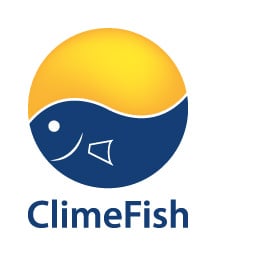WP5: Develop strategies to mitigate risk and utilize opportunities
The aim of WP5 is to develop strategies to mitigate the risks identified in WP3 and WP4 and explore how they can be tackled through effective, long-term fisheries and aquaculture management plans. This will be done by developing case-specific management plans (MPs) for seven different ClimeFish simulation cases, all of which will incorporate climate change issues. Furthermore, we will develop accessible guidelines on how to make such climate-enabled MPs, which can be used to create management plans for cases, regions and areas not covered by ClimeFish.
The management plans, developed with the aim of defining adaptive strategies to cope with climate change, will be based on the forecasting models from WP3 and designed in close collaboration with stakeholders. By applying the so-called Results-Based Management (RBM) approach, we will ensure participation by authorities, fishers, fish farmers and other stakeholders. The MPs will further be based on the Ecosystem Approach to Fisheries (EAF) and Aquaculture (EAA), where three dimensions of sustainable development will be considered – ecological, social and economic, as opposed to only looking at the biological/ecological dimension. The development of the MPs will therefore involve a series of steps, including specific analysis on the impacts of main pressures on the environmental, social and economic dimensions of a fishery or aquaculture system.
In accordance to the RBM approach, we will nominate a body for each simulation case which will act as central authority (e.g. the EU Fisheries Commission, national/regional authorities). The nominated authority will set the management objectives of the MP and let the operators (fishers/farmers) suggest long term MPs (RBM approach). These MPs, suggested by the operators, will then be evaluated and tested, with the feedback being used to improve both the guidelines and the strategies even further.
The guidelines and strategies will be developed separately for marine fisheries, marine aquaculture and for lakes and ponds, as the ecosystems, stakeholders and production conditions are very different between these sectors. The three versions of the guidelines will therefore be tailor made for each platform and will be presented in a way that all stakeholders can easily understand and follow the guidelines.

